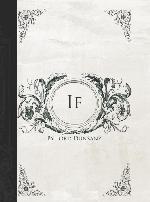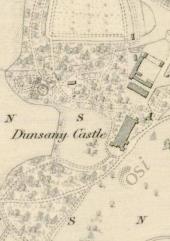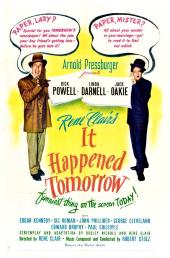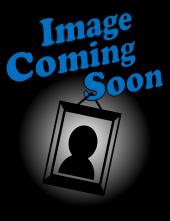Play
If
- by Lord Dunsany
- at the Ambassadors’ Theatre (London, 30 May 1921)
John Beal, a London businessman, is given a magic crystal that allows him to go back in time and change one act; he is happy with his current life, so he decides to merely go back to catch a train that he was annoyed about missing ten years ago—but the resulting changes are more than he ever expected.
This is the earliest story that I’ve seen where the hero goes back into his earlier body and relives something differently. Some of the later stories of this kind have no actual time travel, but merely give knowledge of an alternate timeline (e.g., Asimov’s “What If?”); others live out the two timelines in parallel (e.g., the 1998 movie Sliding Doors, also set in motion by a missed/caught train); and some, like If, are couched in terms of time travel (e.g., the 1986 movie Peggy Sue Got Married). —Michael Main
This is the earliest story that I’ve seen where the hero goes back into his earlier body and relives something differently. Some of the later stories of this kind have no actual time travel, but merely give knowledge of an alternate timeline (e.g., Asimov’s “What If?”); others live out the two timelines in parallel (e.g., the 1998 movie Sliding Doors, also set in motion by a missed/caught train); and some, like If, are couched in terms of time travel (e.g., the 1986 movie Peggy Sue Got Married). —Michael Main
He that taketh this crystal, so, in his hand, at night, and wishes, saying ‘At a certain hour let it be’; the hour comes and he will go back eight, ten, even twelve years if he will, into the past, and do a thing again, or act otherwise than he did. The day passes; the ten years are accomplished once again; he is here once more; but he is what he might have become had he done that one thing otherwise.




